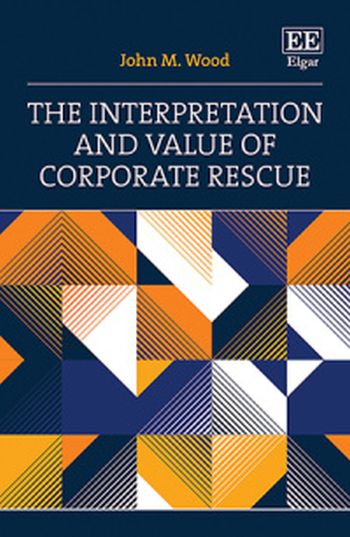
This incisive book critically explores the principles, purpose and application of corporate rescue in order to bring new significance to rescue theory. Responding to key legislative developments and recent case law, it examines major insolvency theories and establishes which theoretical principles are prominently applied in practice, and whether these principles have affected the drivers of policy consideration.
John M. Wood gives unique consideration to value within a corporate failure and rescue context, focusing on the issue of identifying the value of a company and its assets so that optimal rescue outcomes can be realised. Wood provides a detailed examination of the professional discretion afforded to insolvency practitioners to determine how commercial decisions, like rescue proposals, are construed.
The in-depth analysis of key cases such as Re One Blackfriars Ltd and legislation including the Corporate Insolvency and Governance Act 2020 will prove invaluable for both practitioners and policy makers exploring corporate insolvency and rescue reform. It will also be of interest to scholars and students of insolvency law, as well as company law more broadly.